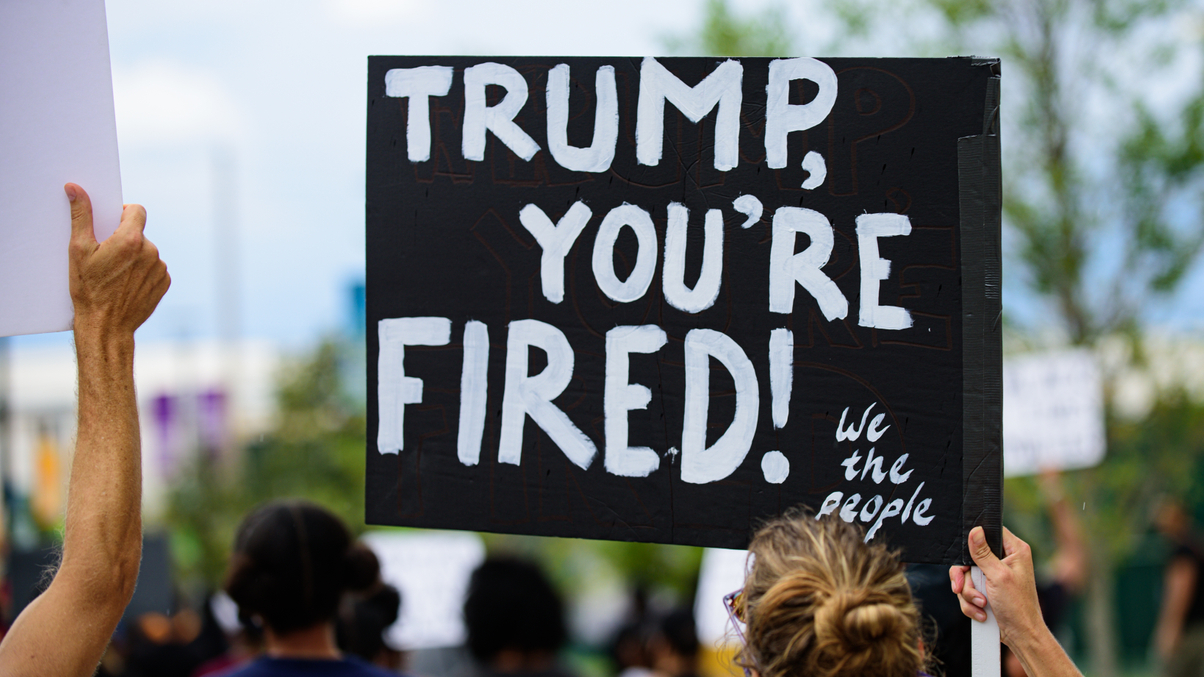Year of the Rat reflections: The US election and private equity valuations
AsianInvestor looks back on our Year of the Rat predictions, to find out how prescient we were. We begin with Donald Trump's re-election and private equity valuations.

At the beginning of every Chinese New Year, AsianInvestor makes 10 predictions about economic, political and financial developments that are likely to have an impact on the way institutional investors allocate their funds. And then, one year later, we revisit these forecasts to see how well we did.
Sign in to read on!
Registered users get 2 free articles in 30 days.
Subscribers have full unlimited access to AsianInvestor
Not signed up? New users get 2 free articles per month, plus a 7-day unlimited free trial.
¬ Haymarket Media Limited. All rights reserved.


